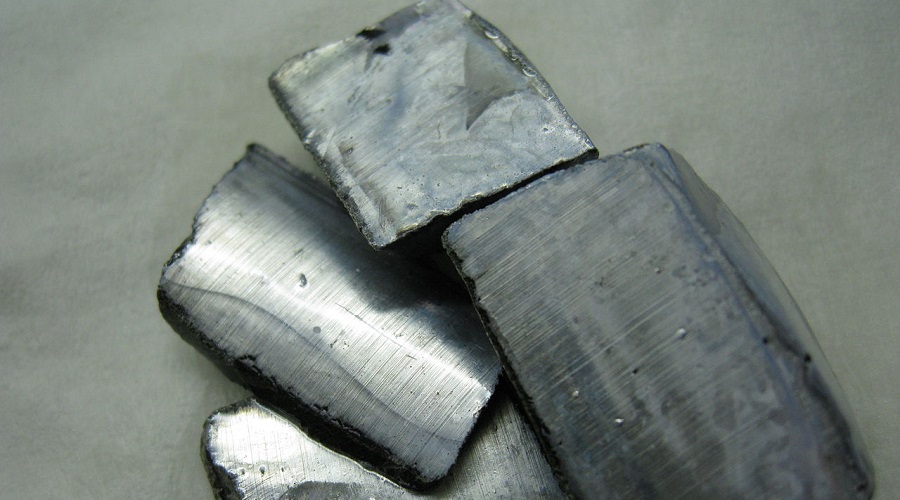Lithium-ion batteries have a new rival – potassium metal

Researchers from Rensselaer Polytechnic Institute published a study where they demonstrate that it is possible to overcome a persistent challenge known as ‘dendrites’ to create a metal battery that performs nearly as well as a lithium-ion battery.
Their proposal relies on potassium – a much more abundant and less expensive element to overcome the issue.
In their paper published in Proceedings of the National Academy of Science, the scientists say that while metal batteries have shown great promise, they have also traditionally been plagued by the accumulation of metal deposits, or dendrites, on the anode.
The researchers believe that potassium metal batteries could be more efficient, safe, and practical
Dendrites are formed because of non-uniform deposition of potassium metal as the battery undergoes repeated cycles of charging and discharging. Over time, the conglomerates of potassium metal become long and almost branch-like and can pierce the insulating membrane separator meant to keep the electrodes from touching each other – causing the battery to short.
But the team led by Nikhil Koratkar, a professor at Rensselaer, propose that by incorporating a potassium metal anode and a potassium cobalt oxide cathode, and by operating the battery at a relatively high charge and discharge rate, users can raise the temperature inside the battery in a well-controlled manner and encourage the dendrites to self-heal off the anode.
While the temperature increase within the battery won’t melt the potassium metal, it does help to activate surface diffusion so the potassium atoms move laterally off the ‘pile’ they’ve created, effectively smoothing the dendrite out.
“With this approach, the idea is that at night or whenever you’re not using the battery, you would have a battery management system that would apply this local heat that would cause the dendrites to self-heal,” Koratkar said. “In terms of performance, this could rival a traditional lithium-ion battery.”
{{ commodity.name }}
{{ post.title }}
{{ post.date }}




Comments
deogratius Valerian
Am geologist at government of Tanzania